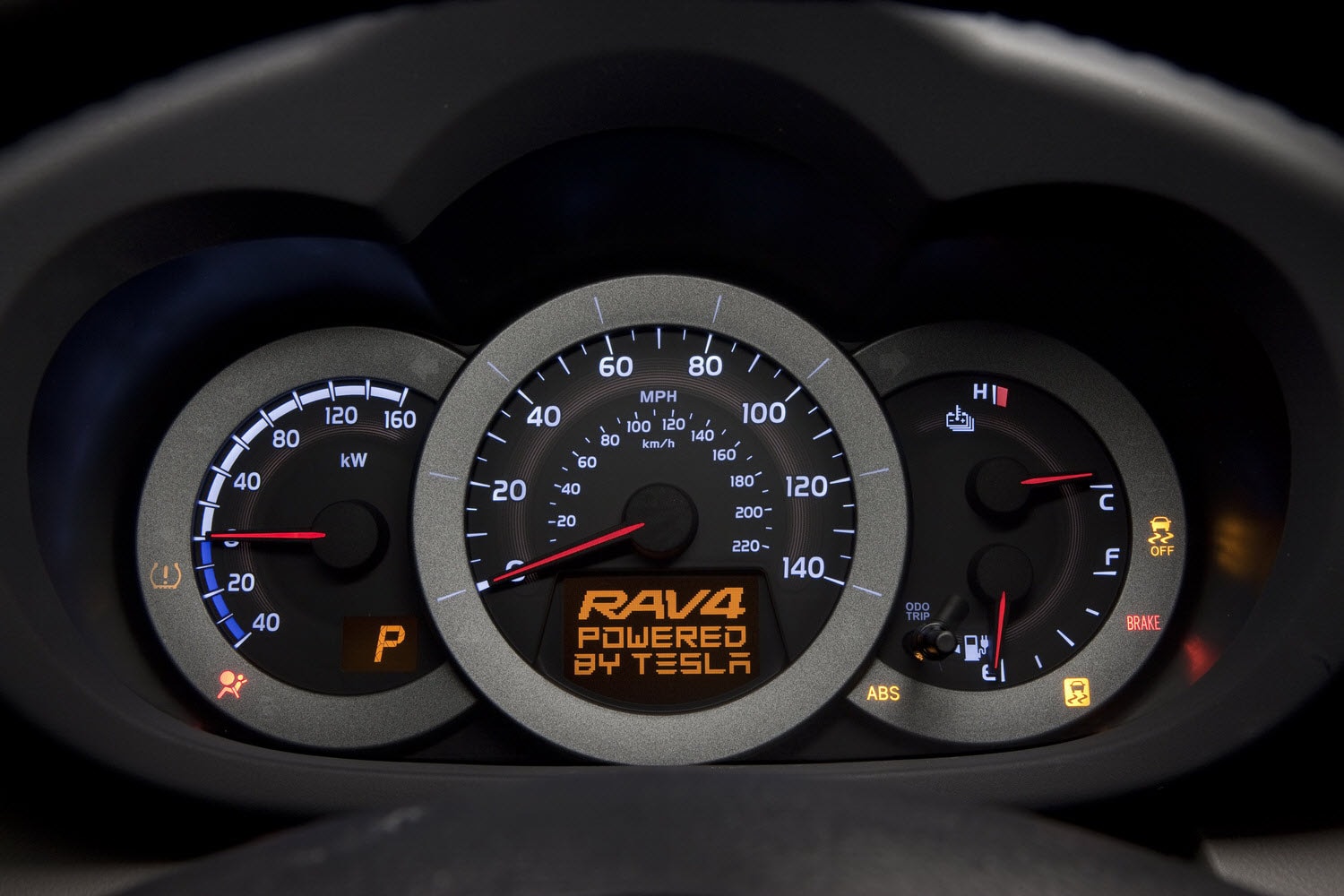Toyota Motor Corp, Daimler AG and BMW AG are looking at laptop batteries to power their electric cars, following an example set by California-based automaker Tesla Motors. The three aforementioned automakers find the solution less costly than bigger, car-only batteries used by GM, Nissan and Mitsubishi.
Tesla's electric car, the Roadster, uses a pack consisting of 6,831 cylinder-shaped cells made by Panasonic Corp. The $109,000 sport car achieves a range of up to 245 miles (almost 400 km) per charge.
The automotive industry will increase lithium ion battery makers' sales by more than 200% in 10 years from 1.5 trillion yen (about US $18 billion) in the financial year ending in March to 5 trillion yen (US $60 billion), according to Sanyo Electric Co., the world's largest battery manufacturer.
As the batteries are currently widely used in consumer electronics, they will benefit from an economy of scale that may help cut manufacturing costs and sticker prices in the emerging electric car industry.
“It may lead to the total component cost of an electric car getting lower than that of a gasoline car,” said Koji Endo, analyst at Tokyo-based Advanced Research Japan. “As the cost lowers, there'll be more likelihood that retail prices of electric cars will drop.”
According to Bloomberg, cited by Autonews EVs currently cost about twice as much to produce than an internal-combustion vehicle because the batteries are so expensive. This means that EV prices are higher than three-quarters of the vehicles sold today.
Daimler's electric Smarts and Mercedes-Benz A-Klasse use battery packs assembled by Tesla. Toyota will also use Tesla's small-cell packs in an electric RAV4 in 2012. BMW uses the technology for the Mini E. Volkswagen is also considering the small-cell battery pack option for its electric-powered vehicles.
While large lithium batteries cost about $700-$800 per kilowatt hour to produce, mass-produced small-cell packs might cost just $200, according to Tesla's founder and former CEO, Martin Eberhard.
“It's a much more effective approach,” the executive told the aforementioned source. “There's a huge advantage in terms of economy of scale.”
Tesla's electric car, the Roadster, uses a pack consisting of 6,831 cylinder-shaped cells made by Panasonic Corp. The $109,000 sport car achieves a range of up to 245 miles (almost 400 km) per charge.
The automotive industry will increase lithium ion battery makers' sales by more than 200% in 10 years from 1.5 trillion yen (about US $18 billion) in the financial year ending in March to 5 trillion yen (US $60 billion), according to Sanyo Electric Co., the world's largest battery manufacturer.
As the batteries are currently widely used in consumer electronics, they will benefit from an economy of scale that may help cut manufacturing costs and sticker prices in the emerging electric car industry.
“It may lead to the total component cost of an electric car getting lower than that of a gasoline car,” said Koji Endo, analyst at Tokyo-based Advanced Research Japan. “As the cost lowers, there'll be more likelihood that retail prices of electric cars will drop.”
According to Bloomberg, cited by Autonews EVs currently cost about twice as much to produce than an internal-combustion vehicle because the batteries are so expensive. This means that EV prices are higher than three-quarters of the vehicles sold today.
Daimler's electric Smarts and Mercedes-Benz A-Klasse use battery packs assembled by Tesla. Toyota will also use Tesla's small-cell packs in an electric RAV4 in 2012. BMW uses the technology for the Mini E. Volkswagen is also considering the small-cell battery pack option for its electric-powered vehicles.
While large lithium batteries cost about $700-$800 per kilowatt hour to produce, mass-produced small-cell packs might cost just $200, according to Tesla's founder and former CEO, Martin Eberhard.
“It's a much more effective approach,” the executive told the aforementioned source. “There's a huge advantage in terms of economy of scale.”
